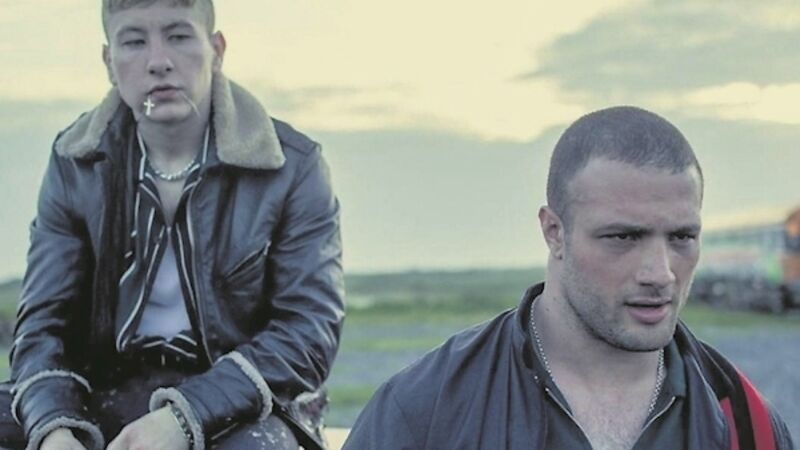Creating an audio-visual production hub

For those involved in the film industry, November is the great “in-between” month — the annual period between possibility and promise.
With many of the major festivals around the world — London, Venice, Telluride, and Toronto — happening during September and October, a well-received launch can play a crucial role in a film’s quest for sales, distribution, and awards.
















